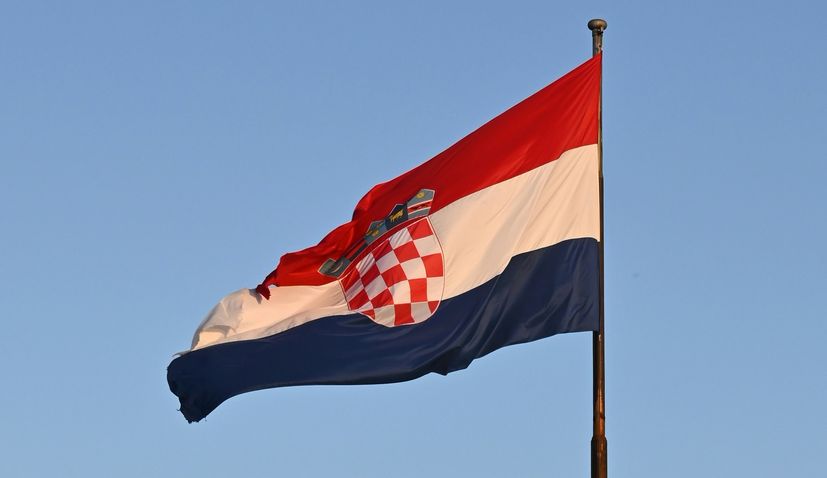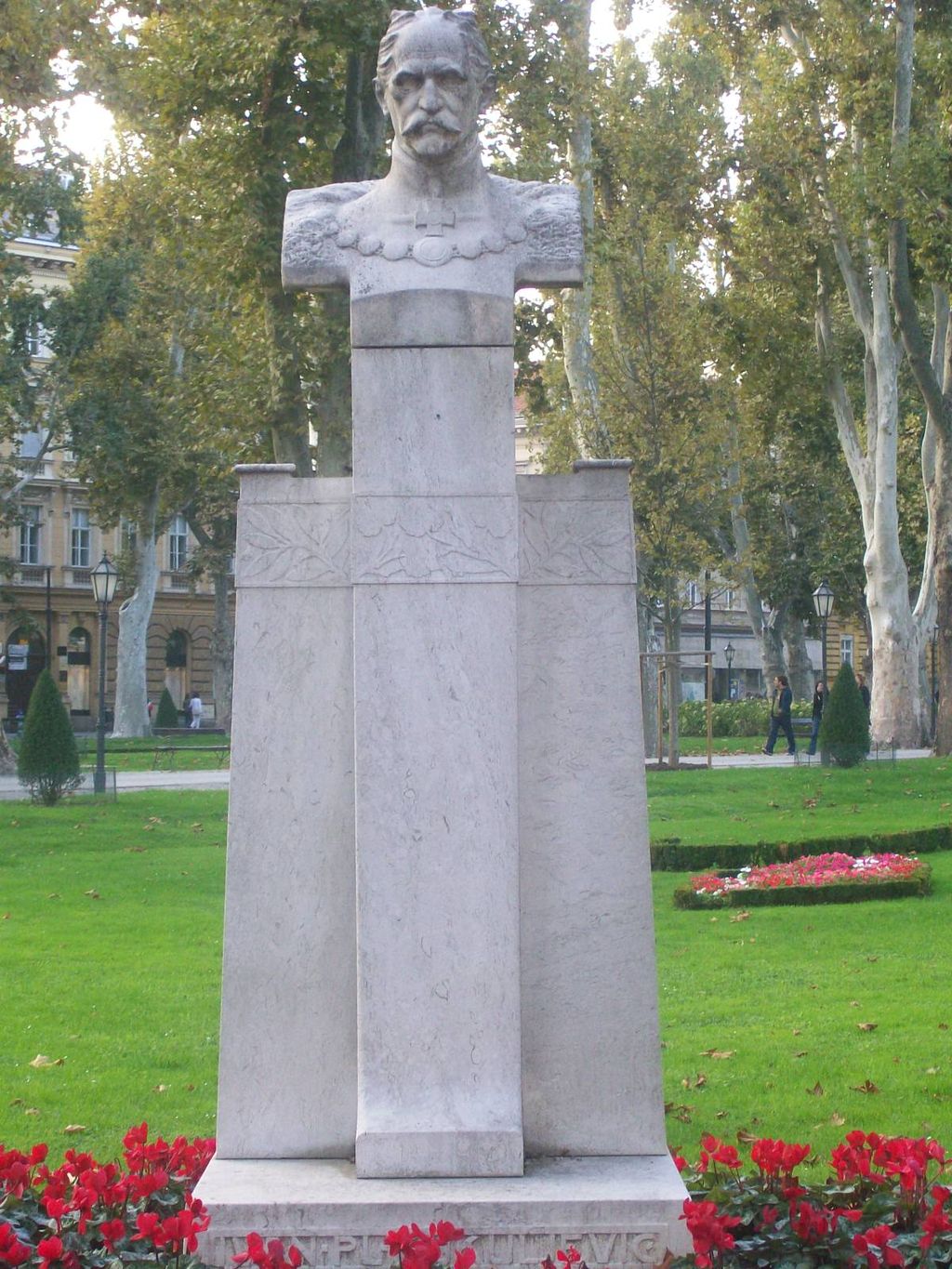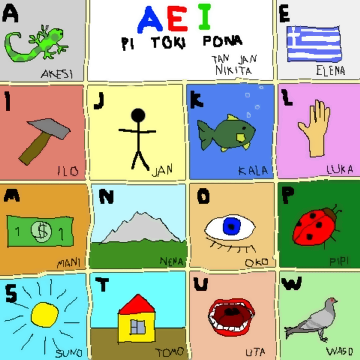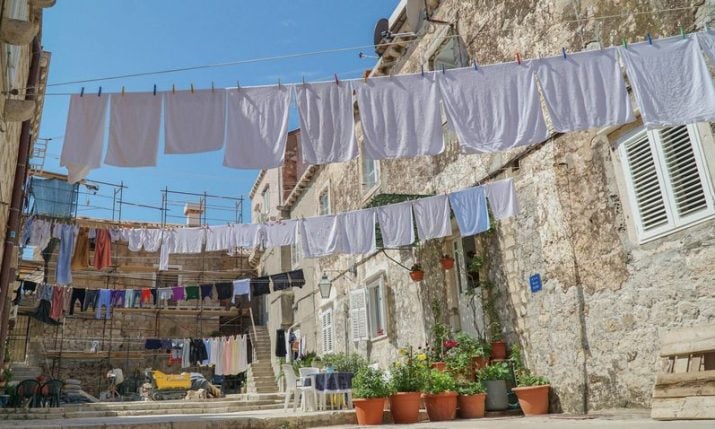15 facts about Croatian language you probably didn’t know
- by croatiaweek
- in Entertainment

ZAGREB, 01 February – The Month of the Croatian Language begins later this month. It takes place between the day marking the International Mother Language Day, 21 February, declared by UNESCO in 1999, and 17 March, the day when the Declaration on the Name and Status of the Croatian Standard Language was published in 1967.
The Croatian Language Month is celebrated in Croatia and all regions where Croatian is spoken, a tradition upheld for several years. As a cornerstone of Croatian national identity, the Croatian language has maintained its distinctiveness and independence despite historical challenges, steadfastly resisting external pressures, degradation, and bans across its long history.
Since 2013, Croatian is also an official language of the European Union. It also has official language status in a number of other places.
In Bosnia and Herzegovina, Croatian is one of three official languages. The Croatian language also has official language status in the region of Burgenland in Austria, in the region of Molise in Italy, in Vojvodina in Serbia and it has co-official status alongside Romanian in the communes of Carașova and Lupac in Romania.
Below are other 15 facts about the Croatian language you may not know.
1. One of the South Slavic languages, Croatian has been called differently throughout history, and one of the names was “Illyrian”.
2. The Croatian language was first mentioned in 1275 in the document “Istarski razvod”.
3. The word “encyclopedia” was first used in 1559 by Pavao Skalić from Zagreb.
4. In 1843 Ivan Kukuljević Sakcinski was the first man to speak in Croatian before the Parliament. The speech daringly promoted the struggle for national liberation, asking for Croatian to become the official language in schools and offices, with its gradual introduction in the public life. He also pointed out the danger of replacing Croatian with other languages.

Ivan Kukuljević Sakcinsk (Photo: Suradnik13/CC BY-SA 3.0)
5. Croatian Parliament passed the decision to make Croatian the official language in 1847, replacing Latin.
6. Croatian has three major groups of dialects – Kajkavian, Štokavian and Čakavian – all of which are further divided into six or seven dialects. Kajkavian dialects mark many loan words from German and Hungarian, Štokavian dialects from Turkish and Italian (and in the North also German and Hungarian) and Čakavian from Italian.
7. The shortest Croatian words are just one letter – a (but, and) u (in), i (and), s (with, from), k (to).
8. The longest Croatian word (besides the written form of long numbers) is prijestolonasljednikovičičinima with 31 characters (30 letters since “lj” is one letter). Prijestolonasljednikovičičinima – translates in English to “of little heiress apparent to the throne” in plural dative case.
9. Croatian is one of the sources for the minimal language “toki pona”, created in Toronto and based on natural languages according to tao principles.

Toki Pona pronunciation chart (Photo credit: Jan Nikita under CC license)
10. The word “paprika” was transferred into many European languages in its original form, not translated.
11. In Croatian people with blonde hair are described as having blue hair (plava).
12. One Croatian word with the highest number of synonyms is “a cob” (corn cob). Synonyms are; ajdamak, bat, batakljuša, bataljika, batučak, batuček, batuk, baturak, baturice, čepina, čokotinja, ćuka, kic, klas, klasina, klasinec, klasovina, klasovinje, kočanj, kocen, komaljika, komušina, kukuruzina, kumina, kureljica, kuruška, oklipak, okoma, okomak, okomina, okrunica, orušek, otučak, paćika, patura, paturica, rucelj, rucl, rulina, šapurika, ščavina, šepurina, štruk, tekun, tulina, tulinek to name a few!
13. Croatian is one of three official languages of Bosnia and Herzegovina.
14. The oldest Croatian dialect is believed to be spoken in Bednja in the Hrvatsko Zagorje region.
15. Croatians are one of the most creative when it comes to swear words in Europe, largely due to a rich dialect and an abundance of synonyms.
Check out some different words for the same thing in different parts of Croatia here.

